Are you interested in military history? These are the must-visit war museums in Saxony:
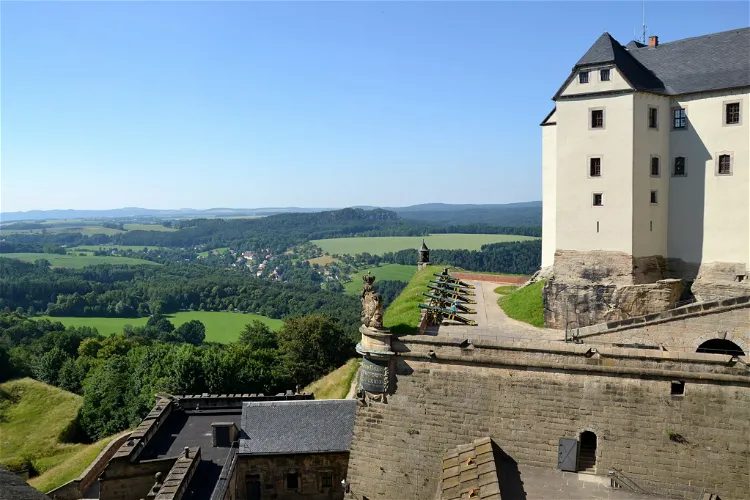
Königstein Fortress
KönigsteinKönigstein Fortress, located in the German state of Saxony, is one of the largest mountain fortresses in Europe. It is situated in Sächsische Schweiz, a part of the Elbe Sandstone Mountains. The fortress is built on a plateau named after it, standing 352 meters above sea level and to the west of the town of Königstein on the left bank of the Elbe in the district of Sächsische Schweiz-Osterzgebirge.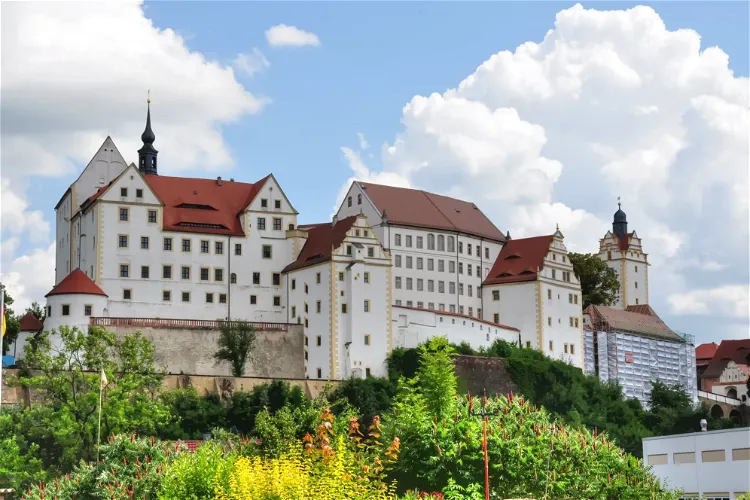
Colditz Castle
ColditzColditz Castle, a historical monument with origins dating back to the 11th century, is situated in the town of Colditz, nestled between Leipzig and Dresden in Saxony. The castle was built under the permission of Emperor Henry IV by Margrave Wiprecht of Groitzsch. It was strategically placed on a hill, providing a commanding view over the left bank of the Mulde river.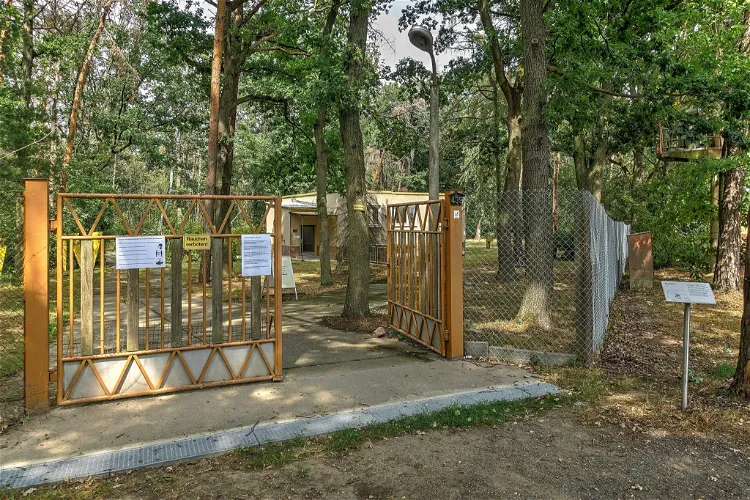
Stasi Bunker Museum
LübschützThe Lübschützer Teiche Bunker Complex, constructed from 1968 to 1972, was intended to serve as an emergency command centre for the District Administration for State Security, Leipzig, in the event of war or a nuclear attack. This historical context provides a unique insight into the Cold War era and the measures taken by the Stasi to ensure their operational continuity in extreme circumstances.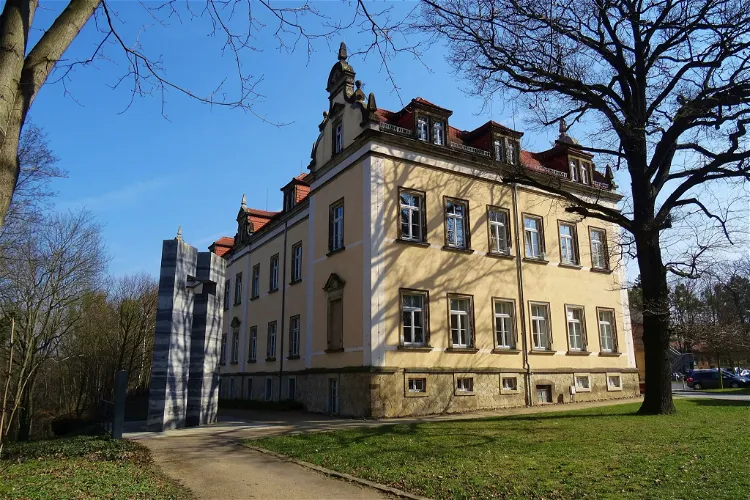
Sonnenstein Euthanasia Centre
PirnaSonnenstein Castle in Pirna, Saxony, Germany, was the site of the Nazi extermination center, Pirna-Sonnenstein. The castle, which had been serving as a hospital since 1811, became a significant location in the history of the Holocaust. It was here that the Aktion T4 and Aktion 14f13 programs were carried out, leading to the death of approximately 15,000 disabled individuals and concentration camp detainees.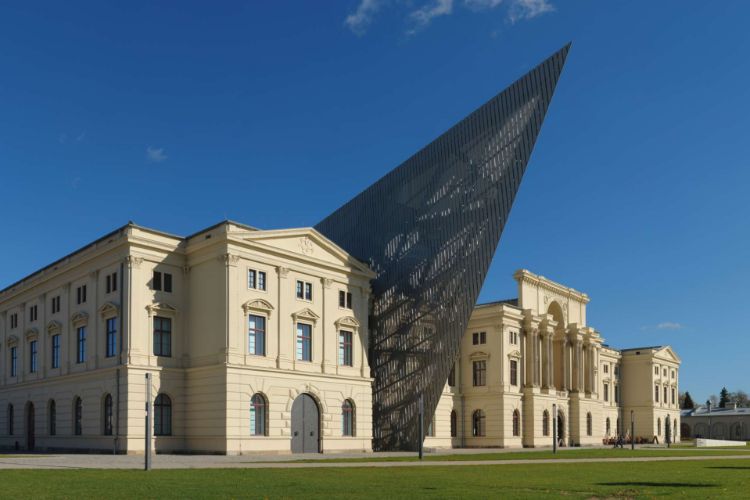
Military History Museum
DresdenThe Bundeswehr Military History Museum (Militärhistorisches Museum der Bundeswehr Dresden, MHMBw) is the military museum of the Bundeswehr (the German Armed Forces). The museum is housed in a former military arsenal and is one of the major military history museums in Germany. The Military History Mu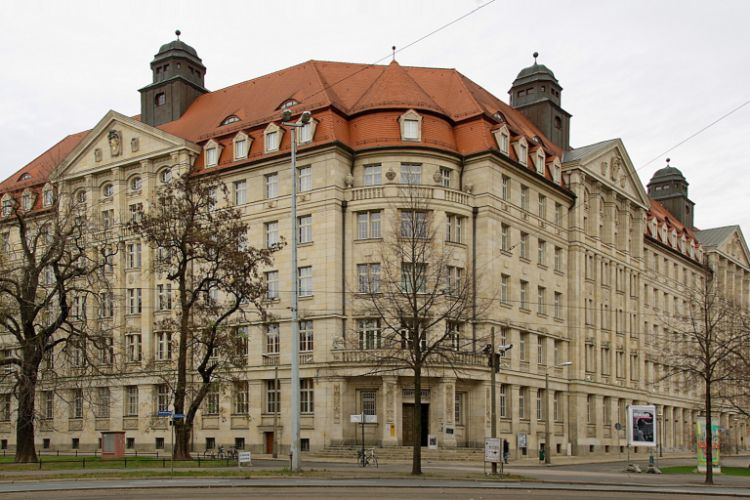
Museum in der Runden Ecke
LeipzigThe Museum in der Runden Ecke is a museum in Leipzig on the history, structure and operation of the Ministry of State Security (MfS) in the GDR. The museum houses the permanent exhibition "Stasi - Power and Banality".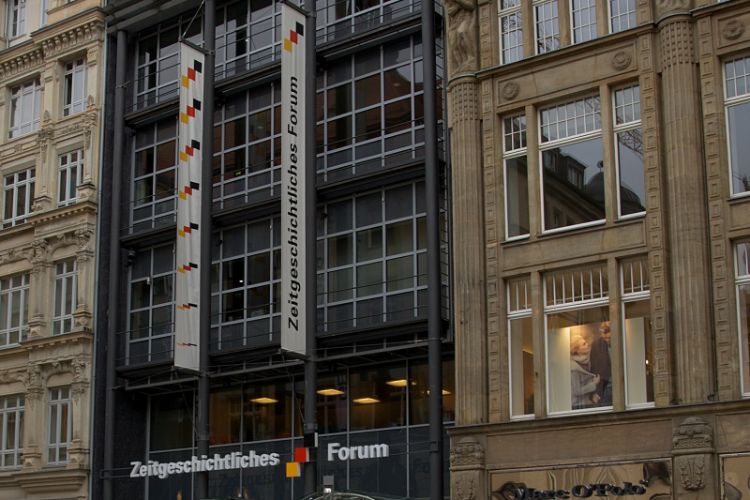
Zeitgeschichtliches Forum
LeipzigThe Zeitgeschichtliche Forum is a museum in Leipzig that illustrates the history of the German division, of everyday life in the communist dictatorship of the GDR and of the reunification process as well as the challenges that face the reunited Germany in the 21st century. The permanent exhibition b
Gedenkstätte Bautzner Straße
DresdenThe Gedenkstatte Bautzner Strasse (Memorial site Bautzner Straße) in Dresden is a memorial site for the victims of the GDR Ministry for State Security (MfS) in the Saxon capital Dresden. It is the only originally preserved remand prison of the "Stasi" in the 'Freistaat' that is open to the public. T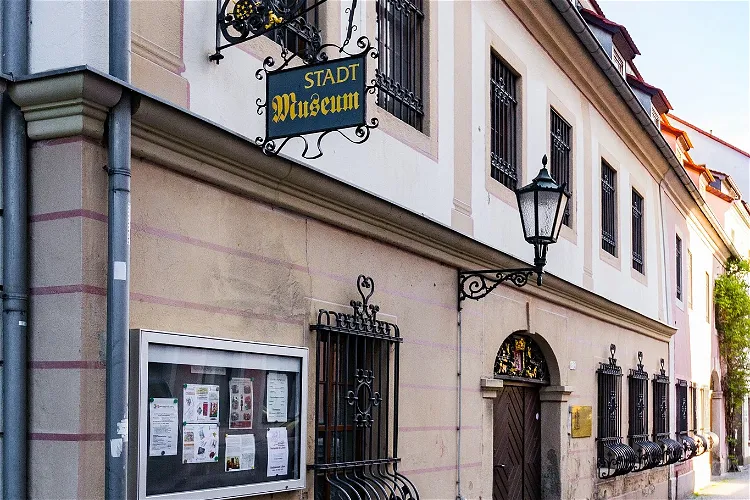
Stadtmuseum Löbau
LöbauThe Stadtmuseum Löbau, established in 1894, is a repository of cultural-historical and natural history objects. The collection spans a wide range of fields, including prehistory around the Löbauer Berg, sacred art, city history, history of the Six Cities League, folklore, crafts, trade and industry, (Upper Lusatian) furniture, and works of fine art. This diverse collection provides a comprehensive insight into the rich history and culture of the region.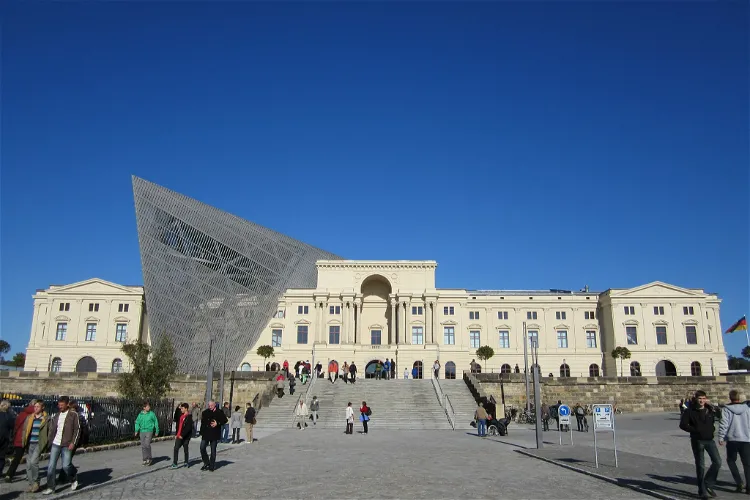
Bundeswehr Military History Museum
KönigsteinThe Bundeswehr Military History Museum in Dresden is one of the most significant museums of the German military forces. It shares this distinction with the Luftwaffenmuseum der Bundeswehr in Berlin-Gatow. The museum offers a comprehensive insight into the history and evolution of the German military forces, making it a valuable destination for those interested in military history.- 11
Heimatmuseum Wilsdruff
WilsdruffThe Heimatmuseum Wilsdruff, which was once known as the Heimatsammlung Wilsdruff, was established by Artur Kühne and Alfred Ranft. This local and natural history collection was opened to the public in 1919. The museum has been housed in the ground floor of the current Oberschule am Gezinge in Wilsdruff since its inception.